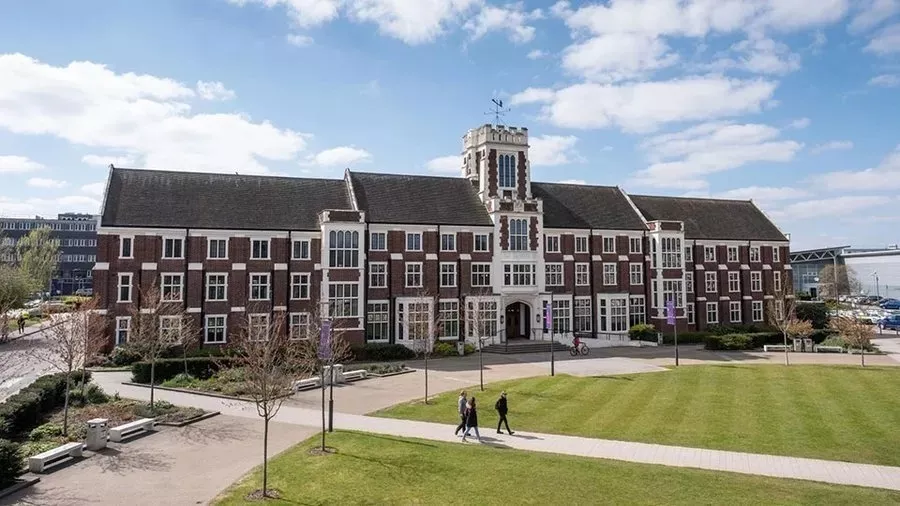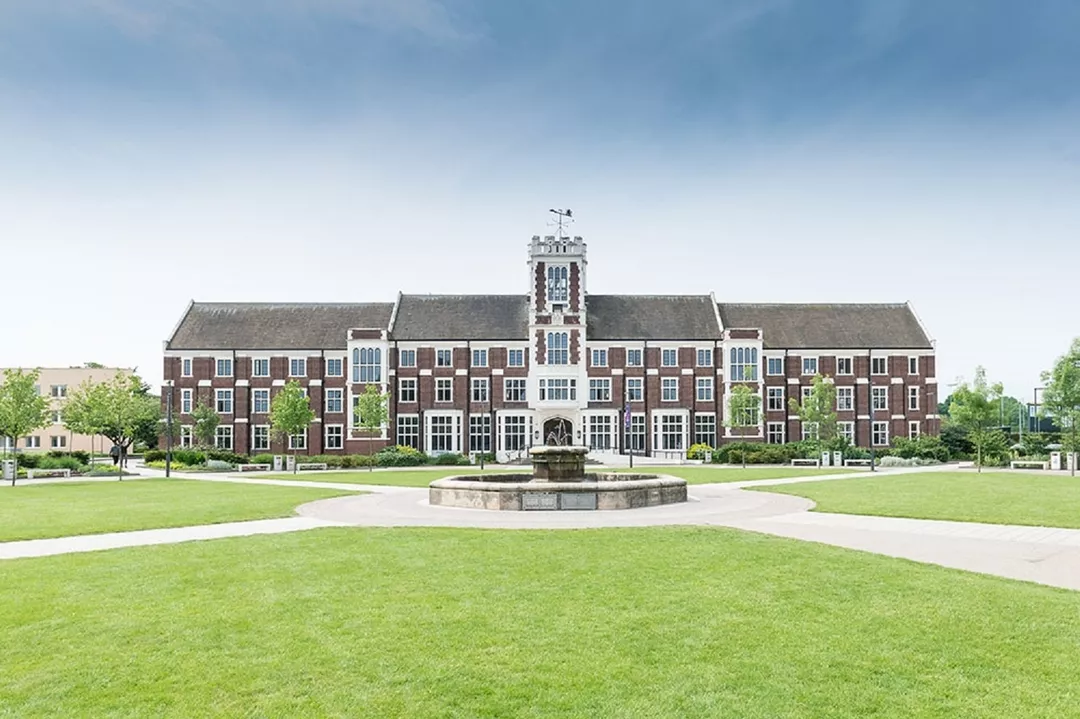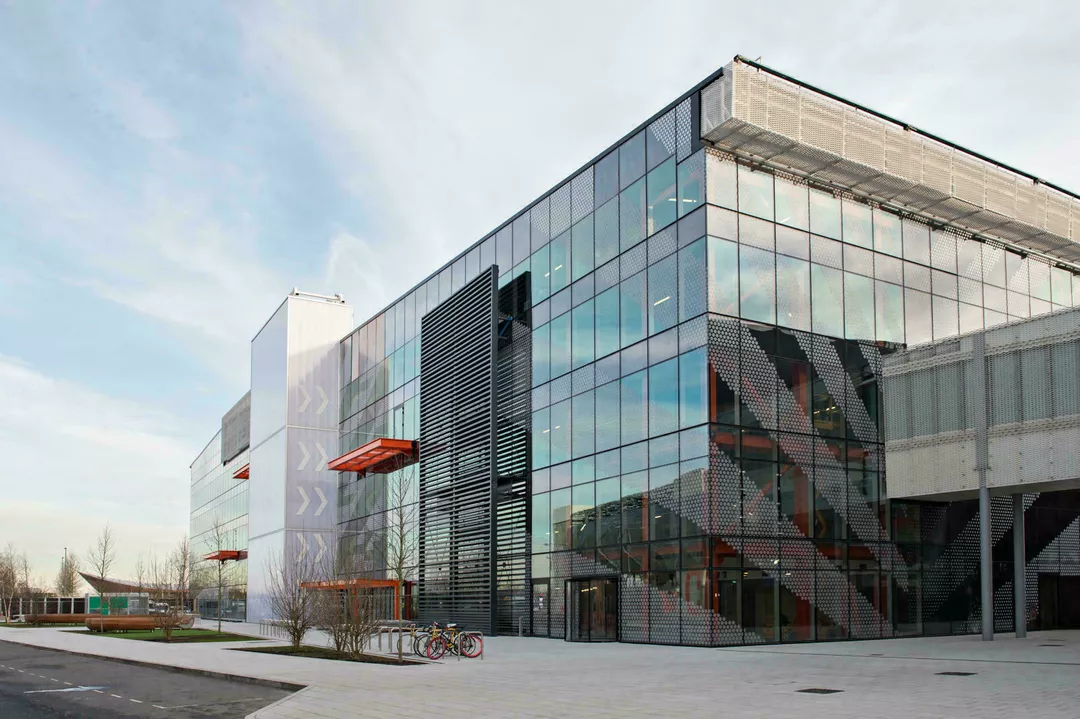-
hello@abroadcube.com
Mail us
-
Call For Help:
98779 83783
-
Whatsapp Us
70090 34921
The MSc physics programme will give students the key skills needed for employment in industry, public service or academic research. Reflecting the research strengths and specialisms of Loughborough's Department of Physics, the MSc Advanced Physics programme combines compulsory modules in superconductivity and nanoscience with options that include quantum computing and solid state physics.
Over the course of the programme, students will explore diverse modules which will allow them to apply and communicate their knowledge of materials science. This will culminate in the development of an individual project essay in which students will consider a particular aspect of physics and gain experience in conducting a piece of original applied research. This project will be devoted to one of several topical areas of modern physics, including: high-temperature superconductivity, terahertz semiconductor and superconductor electronics, quantum computing and quantum metamaterials, or physics of extreme conditions.
Students' studies will be enhanced by the school's recent investment in state-of-the-art labs, giving students access to a wide variety of experimental facilities including pulsed laser deposition, atomic force microscopy, Raman scattering and x-ray diffraction. In addition, the department has an observatory with a 16-inch equatorially-mounted Meade telescope and other astronomical equipment.
| Level | Masters |
| Discipline | Physics |
| Duration | 12 months |
| Intakes | Oct |
| Application Fees | GBP 0 |
| Tuition Fees | GBP 23500 |
| Campus | Loughborough |
| Language proficiency (minimum) | |
| IELTS | 6.5 |
|---|---|
| TOEFL | 92 |
| PTE | 67 |
| Duolingo | 110 |
| Exam proficiency (minimum) | |
| SAT | Not Required / Waiver |
|---|---|
| ACT | Not Required / Waiver |
| GRE | Not Required / Waiver |
| GMAT | Not Required / Waiver |
Minimum GPA - 68%
QS Quacquarelli Symonds is the world’s leading provider of services, analytics, and insight to the global higher education sector, whose mission is to enable motivated people anywhere in the world to fulfil their potential through educational achievement, international mobility, and career development.
THE (Times Higher Education) has been providing trusted performance data on universities for students and their families, academics, university leaders, governments and industry, since 2004. We create university rankings to assess university performance on the global stage and to provide a resource for readers to understand the different missions and successes of higher education institutions.
The Academic Ranking of World Universities (ARWU) was first published in June 2003 by the Center for World-Class Universities (CWCU), Graduate School of Education (formerly the Institute of Higher Education) of Shanghai Jiao Tong University, China, and updated on an annual basis
The "Webometrics Ranking of World Universities" is an initiative of the Cybermetrics Lab, a research group belonging to the Consejo Superior de Investigaciones Científicas (CSIC), the largest public research body in Spain. CSIC is among the first basic research organizations in Europe. The CSIC consisted in 2006 of 126 centers and institutes distributed throughout Spain.



